8 Tips to Make Solo Camping Easier and Safer

Solo camping can be an empowering adventure, allowing you to connect with nature and discover your inner strength. It’s an opportunity to step away from the constant buzz of everyday life, find peace in solitude, and test your limits by doing all aspects of camping alone. While there are various reasons to go camping solo, venturing into the wild alone can also be daunting.
You may have concerns about safety, getting lost, or managing all aspects of your trip by yourself. These worries are normal, but they shouldn’t hold you back from experiencing the unique joys of solo camping. Read on to learn how to prepare as we share eight practical tips to make your solo camping trip easier and safer.
1. Carry user-friendly gear
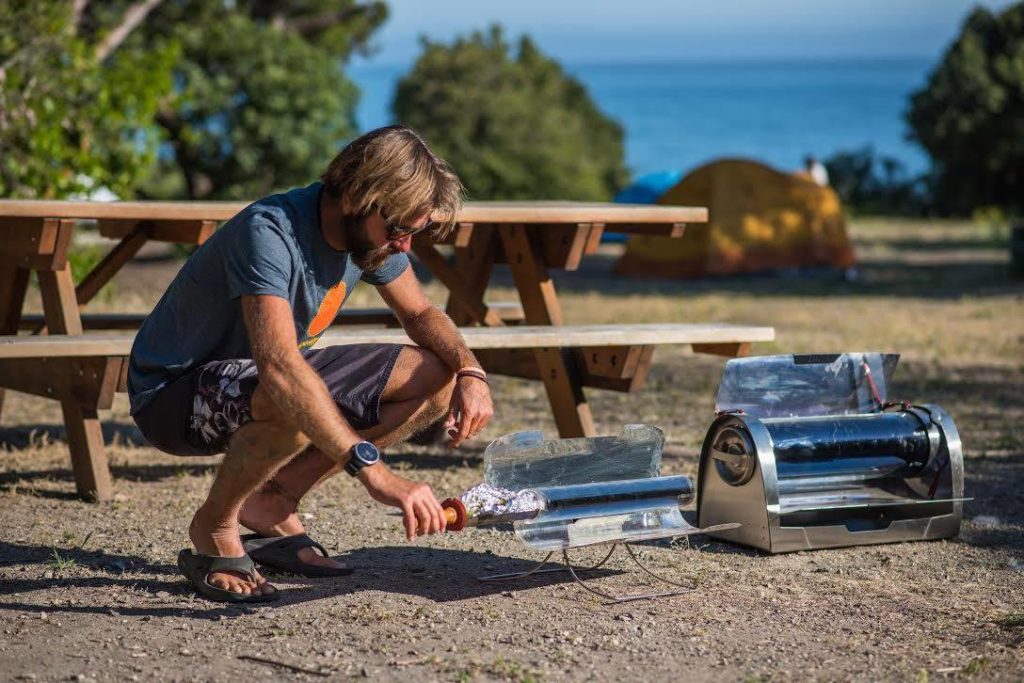
Image source: GoSunStove
As a solo camper, you are your own support system, so it’s vital to have camping items and equipment that you can confidently set up and use. Opt for a tent that’s simple to assemble, a camp stove that’s straightforward to operate, and a reliable headlamp with fresh batteries. Before setting out, take the time to familiarise yourself with each piece of gear.
Practice setting up your tent in your backyard to avoid wrestling with poles and fabric as the sun sets. Ensure your camp stove ignites without a hitch, and check that your headlamp and other essential electronics are fully functional.
2. Ensure safe communication
When going solo camping, inform a trusted person, like a family member, close friend, or significant other, about your itinerary. Let them know not only where you’ll be camping but also any changes to your plans. Agree on regular check-in times—this way, if you miss a check-in, they can swiftly initiate help.
However, you should balance this openness with discretion and be cautious about broadcasting your absence or location publicly, such as on social media. Sharing these details can make your home a target for break-ins or, worse, lead unwanted visitors directly to your remote location.
3. Choose your campsite wisely
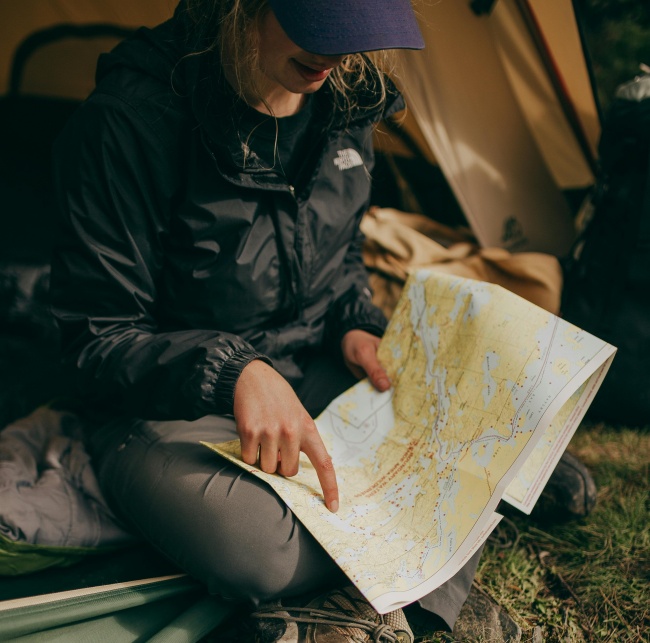
When heading out for a solo camping trip, start smart by picking your campsite wisely. If backcountry camping is new territory for you, hold off on diving into it alone. It’s a whole different ballgame, requiring skills like wilderness safety, navigation, and camp cooking.
Instead, consider starting with a designated campground that offers the added security of hosts and fellow campers nearby. If you’re going solo camping in the Byron Bay area, Broken Head Holiday Park is a safe campground. We have large, well-maintained sites, easy access to amenities, and cater to all setups like tents and vans, ensuring your first solo adventure is as secure as it is exciting.
4. Check the weather and prepare accordingly
The weather forecast dictates everything from the gear you pack to the clothes you wear. If the forecast predicts rain, arm yourself with a waterproof camping tent and extra clothing layers to stay dry and warm. For sunny and hot weather, don’t forget lightweight, breathable fabrics and sun protection.
Be ready to adapt your plans because the weather can be unpredictable. If severe weather is on the horizon, consider a safe alternative, like postponing your trip or swapping a tent for a hotel room.
5. Bring entertainment
The tranquillity of nature when solo camping is refreshing, but it’s natural to crave engagement during quieter moments. Having something to listen to, like your favourite podcasts or music, can be a soothing way to drift off to sleep.
And if you’re a reader, bring along a book to keep your mind engaged. Remember to pack a reading light, too, as it is more convenient than using a bright lantern and helps create a cozy atmosphere for your evening reads.
6. Plan for activities
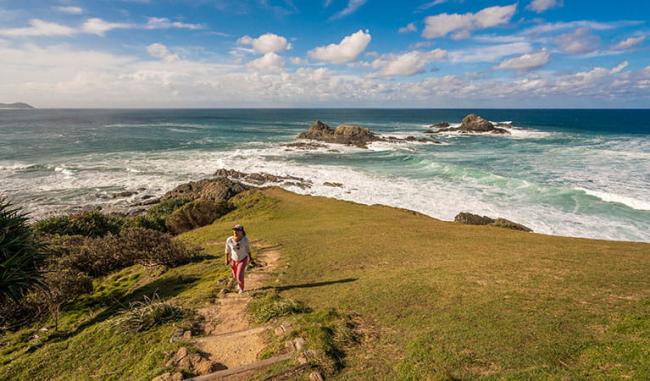
Have a plan for activities to keep yourself engaged and make the most of your solo camping adventure. Embrace this opportunity to step out of your comfort zone and indulge in activities that pique your interest.
Whether it’s exploring scenic hiking trails, savouring local cuisine at new eateries, discovering hidden wineries and breweries, or visiting unique attractions in the area, there’s a world of experiences awaiting you. Tailor your activities to your tastes and explore at your own pace.
7. Know how to handle inquisitive people
When you’re solo camping and encounter people curious about your being alone, it’s crucial to trust your instincts. If someone’s questions feel intrusive or make you uncomfortable, remember that you’re not obliged to provide detailed answers. You have every right to be vague about your details or change the subject.
If the situation doesn’t feel right, feel free to move to a different site or even leave the area if necessary. It’s always better to err on the side of caution and be friendly yet cautious.
8. Prepare yourself mentally for solo camping
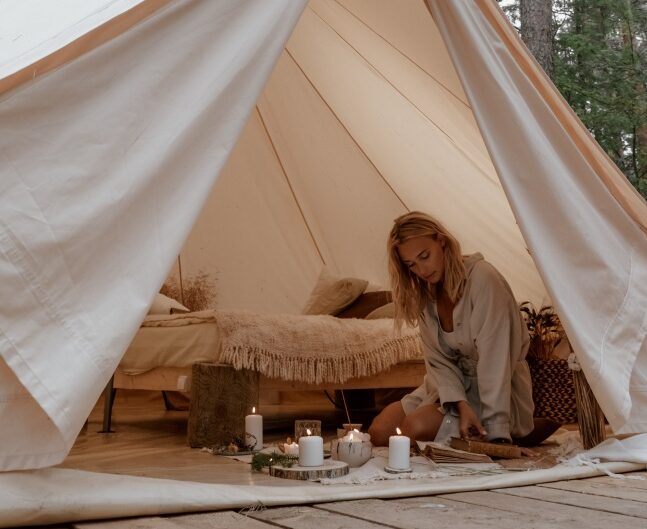
Being alone in nature can be a profound experience, but it also comes with its own set of challenges. To ease into this solitude, practice techniques like deep breathing, which can help calm your mind and reduce anxiety.
Listening to uplifting music can also be a great mood enhancer, setting a positive tone for your adventure. Additionally, consider incorporating meditation into your routine to ground yourself and embrace the quietness and beauty of your surroundings.
Enjoy the solo camping experience at Broken Head Holiday Park
Solo camping is more than just an adventure; it’s a journey into self-discovery and resilience. So embrace these tips and prepare to explore the great outdoors with confidence and excitement.
When it’s time to embark on your solo camping adventure, consider Broken Head Holiday Park as your destination. It’s the perfect blend of safety, comfort, and nature, offering excellent facilities that ensure your solo camping is enjoyable without being too rustic. Check out our accommodation options and start planning your peaceful retreat to Byron Bay.








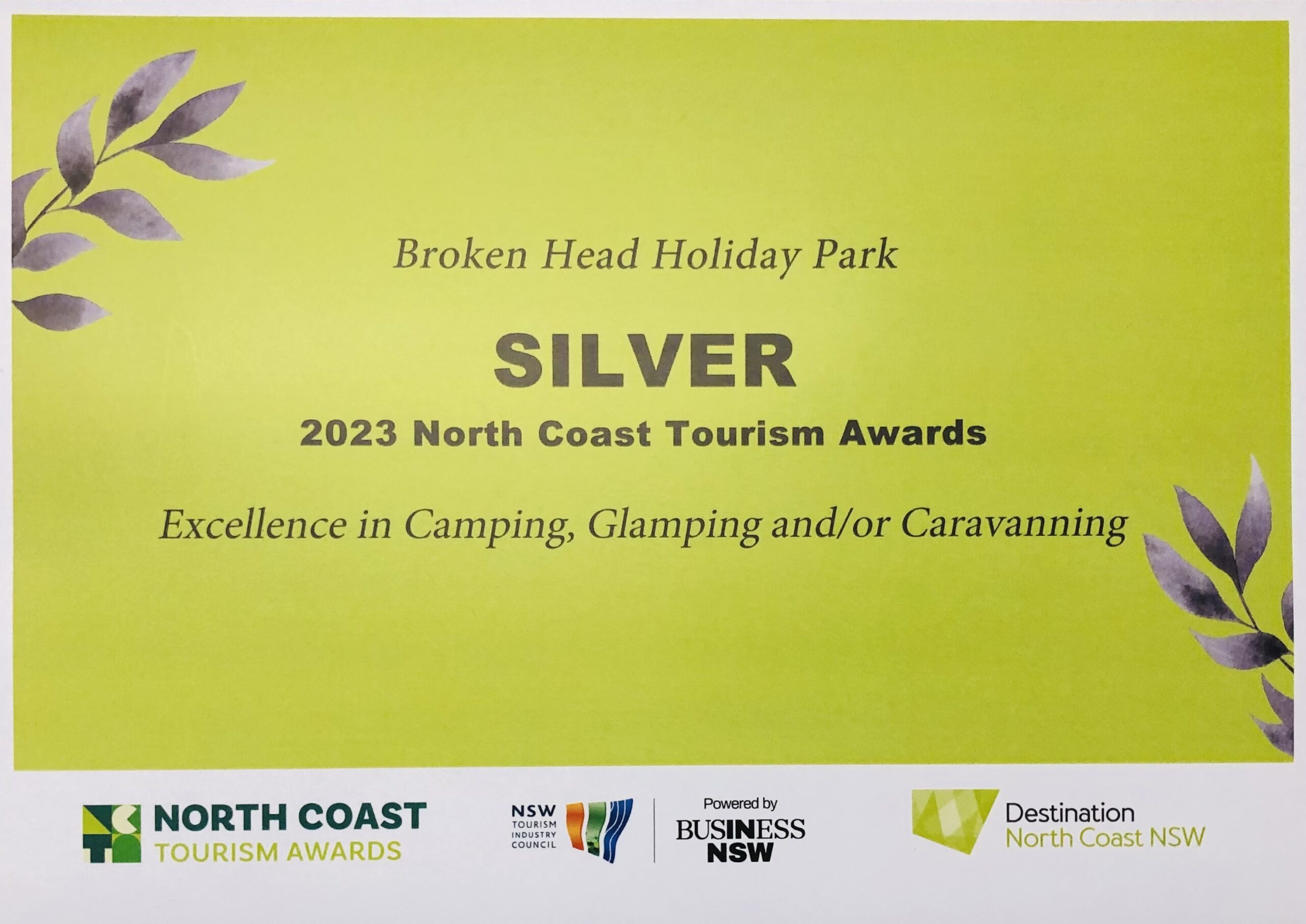
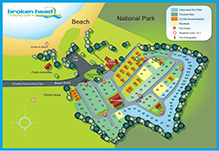

This Post Has 0 Comments